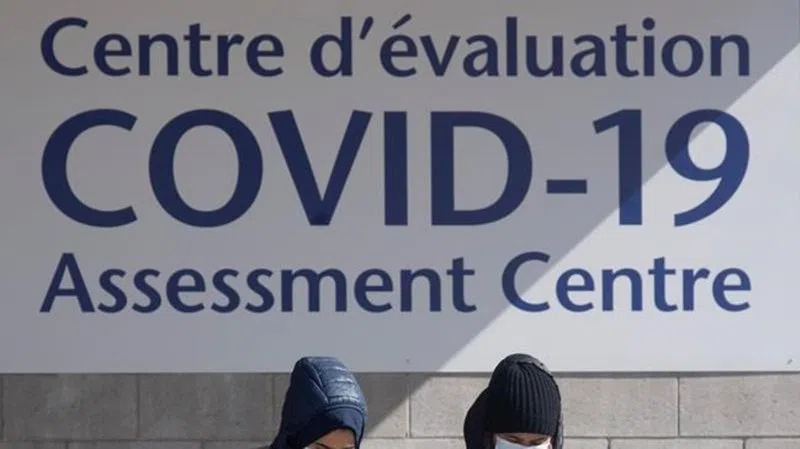
Two Montreal lawyers file application to trademark the term COVID-19
Two Montreal lawyers have applied to trademark COVID-19, a filing that some experts said it is unlikely to succeed.
Meriem Amir and Giovanni De Sua filed applications on March 25 to trademark the name of the disease caused by the new coronavirus as well as the term “COVID-19 prevention and care,” according to the trademark database of the Canadian Intellectual Property Office.
Amir and De Sua, who are not listed on the federal government’s registered trademark lawyer database, said in their application that the use of the term would be related to vaccines.
The pair did not respond to multiple requests for comment, but intellectual property lawyers said they didn’t understand why someone would try to trademark COVID-19.


